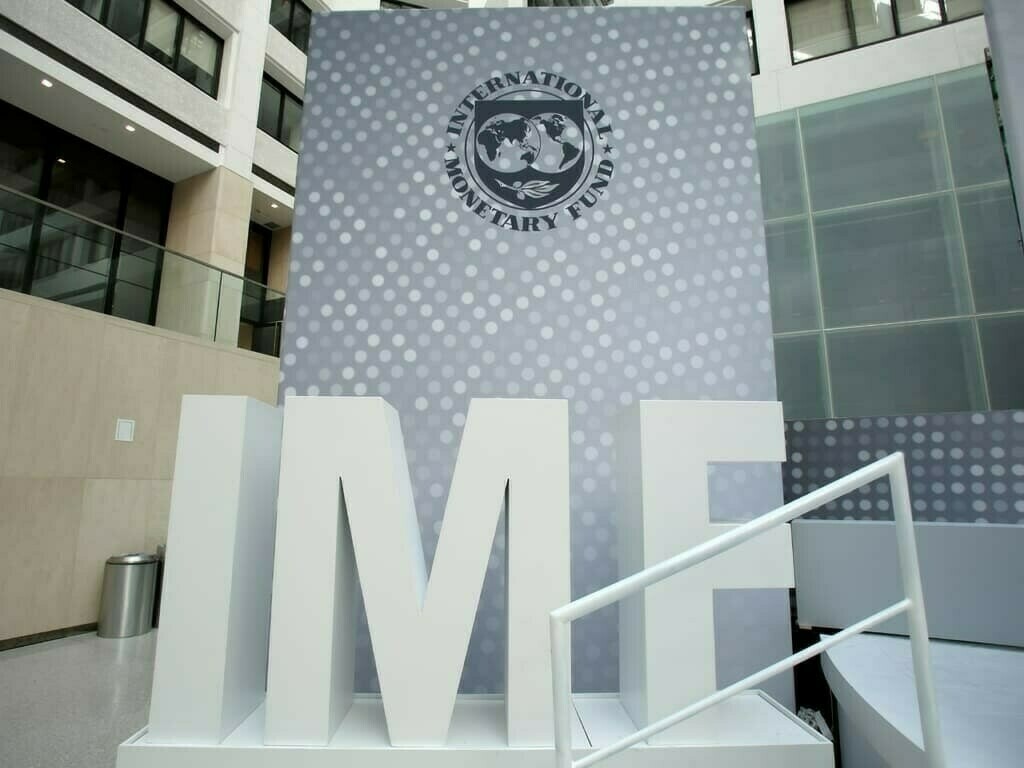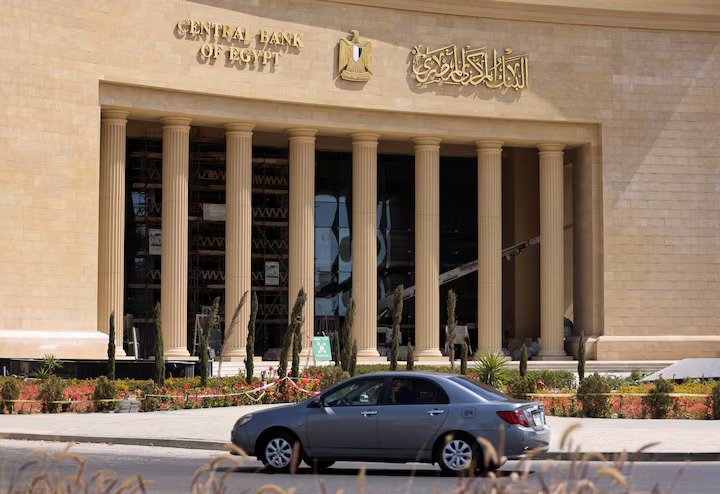Egypt’s central bank is expected to lower interest rates this week, with analysts forecasting a significant reduction aimed at supporting growth as inflation continues to cool.
The Central Bank of Egypt (CBE) will hold its Monetary Policy Committee meeting on Thursday, August 28, where it is widely anticipated to cut its benchmark rates by 100 basis points. The move would bring the overnight deposit rate down to 23% and the lending rate to 24%, from their current levels of 24% and 25%, respectively.
The projection is based on the median forecast of eight economists surveyed, who believe a rate cut is likely given recent economic indicators. Aya Zoheir, an economist at financial consultancy Zilla Holding, explained that both inflationary pressures and currency stability have created room for monetary easing.
“Inflation has been declining while the Egyptian pound is strengthening against the U.S. dollar, supported by government initiatives to lower commodity prices and the stability of energy prices,” Zoheir said, noting that the U.S. Federal Reserve is also expected to cut rates in September.
According to data from CAPMAS, Egypt’s statistics agency, annual urban consumer inflation dropped to 13.9% in July from 14.9% in June. The decrease was largely driven by lower prices of meat, poultry, fruits, and vegetables. Monthly inflation also slipped by 0.5%. However, the central bank reported that core inflation edged slightly higher, rising to 11.6% from 11.4%.
Zoheir believes this provides a clear opening for the central bank to act. “This paves the way for the CBE to cut interest rates by a conservative estimate of 1% or 2%,” she added.
Egypt’s Inflation Trends Shape Monetary Policy Shift
Inflation in Egypt peaked at a staggering 38% in September 2023 but has since been on a steady decline. In March 2024, with the support of an $8 billion International Monetary Fund (IMF) package, the CBE allowed the exchange rate of the Egyptian pound to be determined by market forces. At the same time, the bank sharply raised interest rates to counter the expected inflation surge following the devaluation.

Since April, the central bank has gradually shifted toward easing policy. On April 17, it cut rates by 225 basis points, followed by another 100-point reduction on May 22. This came after a steep hike on March 6, which coincided with the sharp currency adjustment.
However, in its most recent meeting on July 10, the central bank held rates steady, pausing its trend of reductions amid a temporary uptick in inflation.
While monetary policy appears to be moving toward easing, Egypt still faces formidable economic challenges. One of the most pressing issues is its mounting public debt. As of mid-2024, national government debt reached about $262 billion, with external debt recorded at $155.1 billion by the end of December 2024. The external debt-to-GDP ratio rose to 42.9%, up from 38.8% just six months earlier, highlighting the strain of increased borrowing alongside currency fluctuations and other macroeconomic pressures.
To tackle this heavy debt load, the government is pursuing a series of fiscal and structural reforms. Authorities have committed to achieving fiscal discipline by targeting a primary budget surplus of 4% of GDP by the 2025–26 fiscal year, compared to 3.5% in the previous year.
Efforts are also underway to reduce external debt by $1–2 billion annually. The government is diversifying financial instruments, issuing sukuk bonds, and expanding tax revenues without placing additional burdens on citizens.
Key measures being implemented include simplifying tax and customs procedures to encourage investment and lower production costs. At the same time, the government is boosting private sector contributions through tax incentives and facilitation packages.
In addition, authorities have set a public debt ceiling, aiming to bring the debt-to-GDP ratio down below 85% within the next few years. Spending priorities are also being recalibrated to focus on health, education, and infrastructure, sectors seen as critical to long-term growth.
These measures, aligned with IMF recommendations, reflect a broader strategy to ensure fiscal sustainability while navigating a difficult global and domestic economic environment.
READ ALSO: Timely Coupon Settlements Key to Ghana’s Return to Global Capital Markets- Prof. Bokpin























